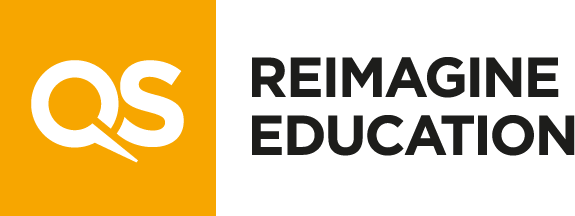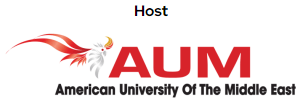DIFFUSING KNOWLEDGE: MEET OSMOSIS
REIMAGINE NEWSLETTER: ISSUE 3
The power of guided iterative inquiry such as The Bootstrapping Checklist is that it provides the seamless integration between pedagogy and information and communications technology (ICT) needed to accelerate student technology adoption and facilitate sustained entrepreneurial and socially innovative student projects. It is inherently mobile, social, and cloud based, and it demands that students use validated data to make design decisions.
By properly combining pedagogy like The Bootstrapping Checklist and ICT, we can accelerate technology adoption and collaboration by middle and high school students to produce cohorts of students that are more than HigherEd ready, and we can start now to try to alleviate a projected year 2030, 25 million global teacher shortage by attracting more of the best and the brightest to the teaching profession.
Teachers should now practice project management skills more to facilitate schools as innovation hubs (the classroom as incubator – the school and district as accelerator), where guided iteration like The Bootstrapping Checklist helps students to glean the data needed for capital and resource acquisition specific to their community needs, using a truly constructivist learning model. The data collected can be used to build public and private community partnerships, and turn public schools into hybrid remote/physical community innovation hubs.
I understand why it might be hard for teachers to grasp that very soon we won’t be ‘marking’ anymore, and that AI and machine learning and extreme personalization will accomplish these tasks with speed and accuracy. But we will never fully automate, and perhaps for global regions that are desperately in need of educational interventions, bringing in automation to initiate a support level of literacy and numeracy is an amazing idea, and I hope it does happen.
But these interventions are not the end goals, and school cultures that support teacher innovation are the foundation necessary to incite and produce teachers who can integrate the arts, entrepreneurship, and social innovation to facilitate the human interactions needed to balance and sustain morally responsive education systems.
Good Ed/Tech Innovation occurs at the intersection of sound pedagogy and technology, and are thus critically complimentary. Closing the gap between the ‘system top’ and the ground, where the teacher is social entrepreneur, and leadership is shared among innovative teachers, principals, district supervisors, and the rest of the EdTech Innovation Ecosystem, as described by UPenn’s Bobbi Kurshan here – http://bit.ly/2gOO816 – is one critical challenge to overcome if we are to balance automation with our humanness in education, both locally and globally.
The EdTech Innovation Ecosystem is rich and vast and will require participation from many varied players. The coexistence of extreme automation and human participation – this is the brave new world that excites me and my students.
Rich Baxter is an educator and advocate for social innovation, the arts, and entrepreneurial education in our public schools. The Bootstrapping Checklist was presented on December 5, 2016 in Philadelphia at the Reimagine Education Awards and exists in the Creative Commons as an open innovation project. https://richbaxter.ca/
Special thanks to Kristan Uccello, Dr. Paul Kim CTO of GSE at Stanford, CTO at TDSB Peter Singh, and Salar Chagpar and Marc Lijour at Prepr.org

